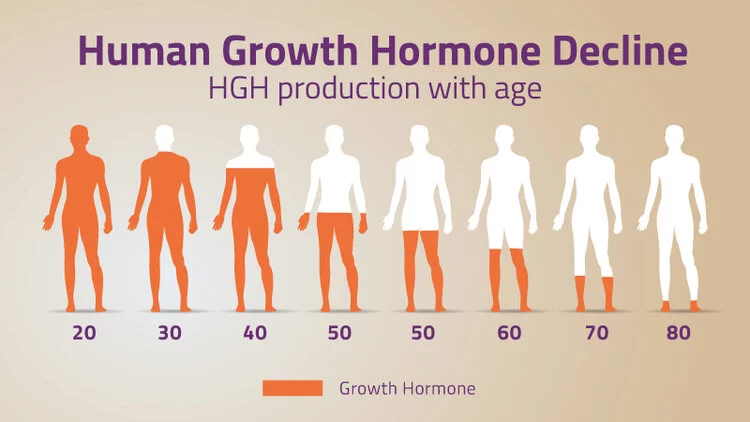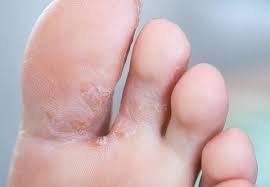You may have found yourself searching for home remedies online when you were feeling sick. You may be familiar with the difficulty of navigating medical information. Even a routine check-up in your clinic may require you to sift through the terminology of a new medication or diagnosis. Healthcare and medicine is a complex field, and new protocols and research are added daily. Even doctors and nurses who have the best training, excellent communication skills and are very knowledgeable can overwhelm a patient with limited experience or perspective.
This is because medical professionals are best suited to work with patients who have a good understanding of their and are well-prepared. Here’s where “literacy” comes into play.
What is health literacy?
Akeia Blu, Be Literate’s health communication consultant, says: “Health literacy is simply how we receive, understand and act upon information.”
The Bluebook provides some real-life examples of the application of literacy skills.
Blue explains that “a person may not know essential things like how and when they should take prescribed medications, when it’s appropriate to visit an emergency room instead of a primary doctor or how to describe signs and symptoms.”
Health literacy is the ability to make informed decisions about your health. It’s similar to reading literacy, which gives you the skills to read and comprehend written information.
These skills are not only crucial for individuals. Many people, including parents, caregivers and others, are responsible for making medical decisions that go beyond their interests. Beth Hoffman, Ph.D. student at the University of Pittsburgh Graduate School of Public Health, says that organizations must also make informed choices.
Hoffman points to the Healthy People 2030 Initiative from the U.S. Department of Health and Human Services for shaping institutional perspectives.
Hoffman explains that “Healthy People 2030 describes organizational literacy as a measure of the extent to which organizations enable their employees to be health-literate.”
Health literacy is essential.
It’s natural to ask: Isn’t the job of the doctor to make decisions about healthcare? The most effective healthcare decisions come from collaboration. Communication barriers can cause this collaborative ability to break down.
Deann Jepson is the senior program director of Advocates for Human Potential. He says that everyone needs health literacy to find and access care, prevent certain conditions, manage them effectively when they occur, communicate needs, understand choices, and make informed decisions.
By gaining health literacy, patients can take charge of their well-being and make intelligent choices in healthcare. They will also be able to communicate better with their doctors and have the information they need to speak up for themselves when necessary.
Health literacy in the face of a pandemic
Lack of health literacy has consequences not only for the patient but also for the health of society as an entire. COVID-19 is an excellent example of the importance of these skills.
“The COVID-19 pandemic has highlighted the ways in which low levels ofliteracy–due to systemic inequities–exacerbate health inequities experienced by people from minority and disadvantaged communities,” says Hoffman. Many people had to learn how to use telemedicine for the first time or find reliable online resources in order to obtain information about COVID-19 vaccinations.
Hoffman also cites the difficulty many people had in signing up for online vaccination appointments as proof that telemedicine literacy and telemedicine are needed.
Hoffman: “Even the healthiest people found it difficult.”
Even in non-emergency circumstances, a lack of health literacy can have widespread effects on public health.
Blue adds that low literacy costs the country money. Blue says that when people do not understand health information, they may have a worse health outcome and use emergency services unnecessarily.
Improve health literacy
Health literacy is a vital component to improving health and reducing healthcare costs. It can be challenging to improveliteracy. What is the most likely reason? By definition, sick people perform at their worst.
Blue explains that it can be challenging to be health-literate when you are in pain or sick. Even someone with a high degree ofliteracy can need help to process and understand health information.
The National Action Plan to Improve Healthcare Literacy recommends that healthcare professionals use the “Universal Precautions Approach”. This approach assumes that all patients are limited in their understanding of procedures and information and requires professionals to give clear instructions and explanations using simplified language.
Jepson says that when people are given accurate and easy-to-understand information, they will be better equipped to care for their health
.
Hoffman says that partnering with community institutions like libraries and faith groups is another way to promote literacy.
Hoffman explains that we need to teach kids at school and make sure older adults are equipped with the skills they need to navigate an increasingly digital world.
Improve your health literacy with these practical steps.
Many community programs help to improve health literacy at a national level, but you can also take steps to make healthy reading a priority.
Hoffman explains that asking questions to reputable, trusted sources is a good idea. It is a good idea to ask questions of healthcare professionals during your clinic visit. This will help you become more knowledgeable about your.
Hoffman says, “If you don’t understand what they are saying, ask questions and get a second or third opinion if at all possible.”
Blue recommends that patients record their appointments and take notes to quickly reference the instructions of the doctor.
Blue suggests that you repeat back all the information to your healthcare provider in your own words to ensure that you fully understand. The provider can then correct any miscommunications immediately. It’s not the time to pretend to be confident. Speak up when you need to know what’s being said.
Blue recommends bringing someone with you if you are feeling nervous about your doctor’s appointment or you worry you may miss something.




